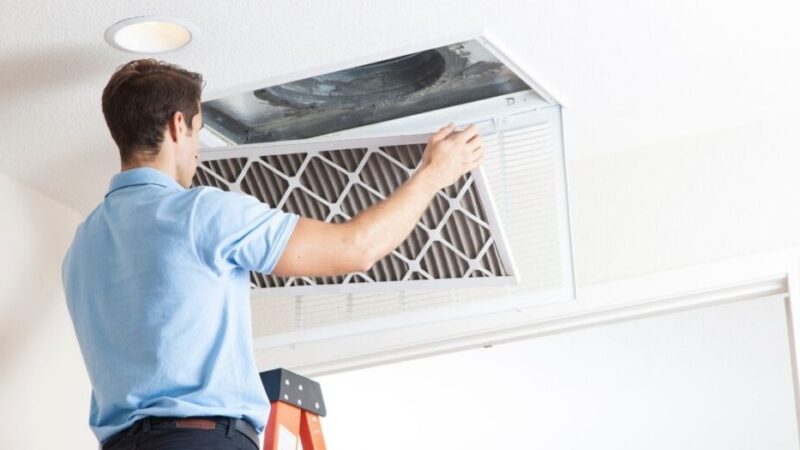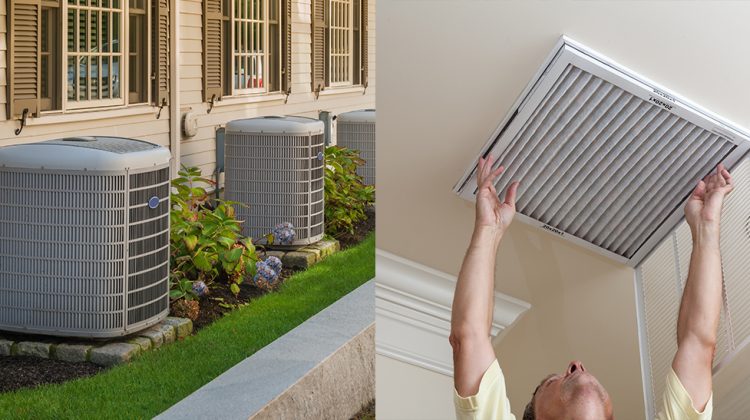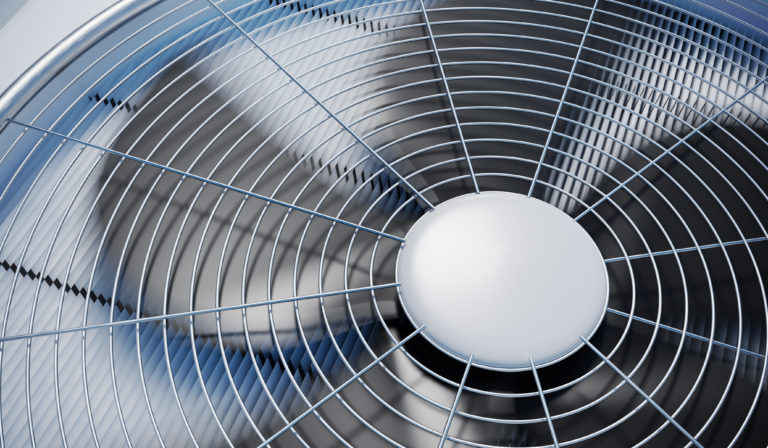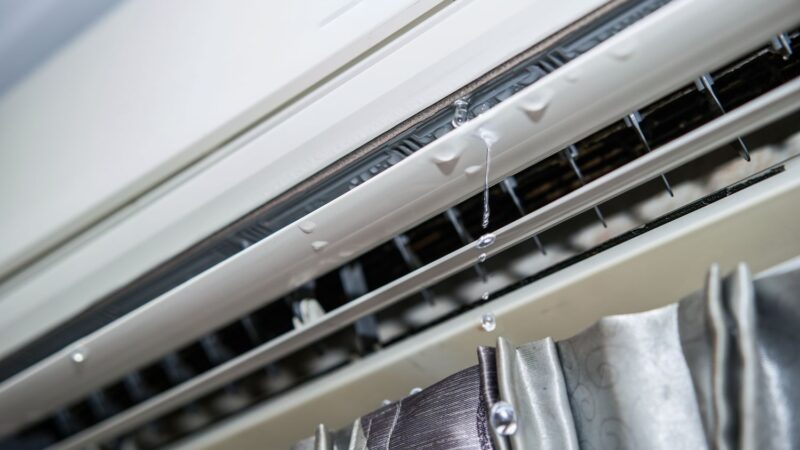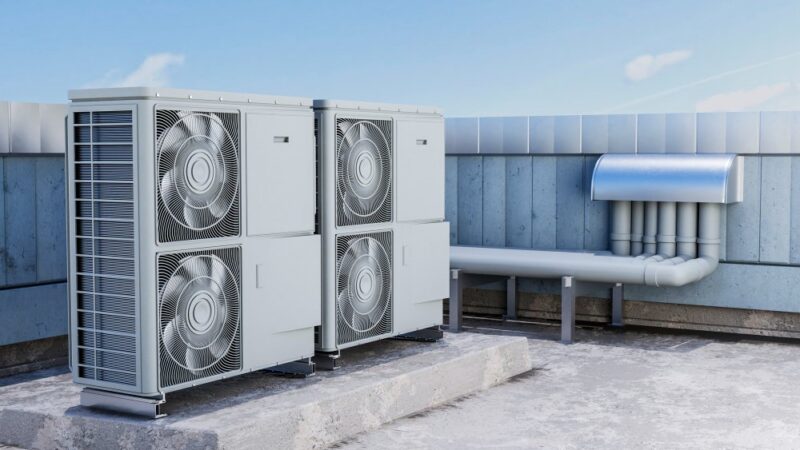What Does a humidifier do?
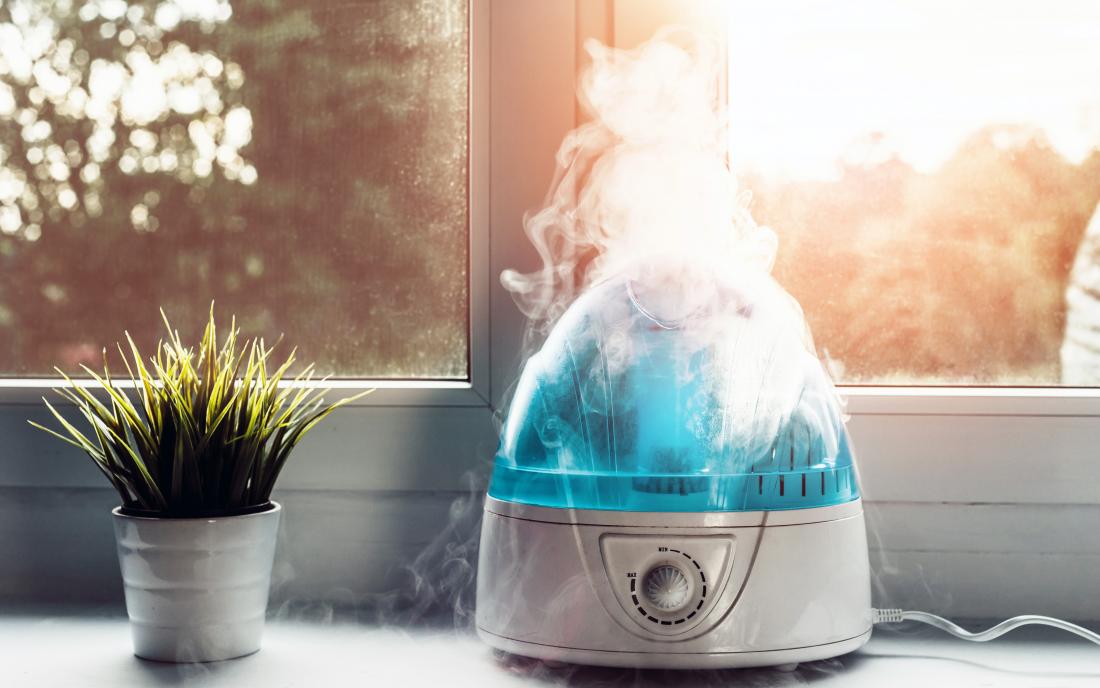
A humidifier is a device that increases the moisture in the air, helping to prevent dryness that can lead to irritation in various parts of the body.
They are especially useful for relieving dry skin, nose, throat, and lips. Humidifiers can also help reduce symptoms from the flu or common colds.
However, if humidifiers are used too much or not cleaned regularly, they can worsen respiratory issues and contribute to other health problems.
How does a humidifier work?
At its core, a humidifier has a water tank and controls that release water vapor or steam into the air when necessary. Adding moisture to the air can help reduce the spread of viruses and offer various health benefits. To maximize its impact, it’s best to use a humidifier year-round, even while sleeping.
Most places can benefit from a humidifier, even those with high humidity. This is because we often use air conditioning in humid climates, and both air conditioning and central heating can dry out the air in our homes.
Humidifiers go further by removing up to 99.95% of particles as small as 0.1 microns from the air, while also ensuring the air is hygienically humidified by eliminating 99.9% of bacteria from the water.
What are the benefits of using a humidifier?
Humidifiers are designed with smart technology that automatically adjusts the air’s moisture levels. Adding humidity to the air has several benefits, such as improving sleep and soothing dry, itchy skin.
Better Sleep
Sleep quality directly impacts both physical and mental well-being. A humidifier can enhance sleep by adding moisture to the air, helping to relieve congestion and ease allergy symptoms.
Relief for Dry Skin
Dry air often leads to dry skin. If moisturizers and lip balms aren’t doing enough, using a humidifier can be a great solution. The Humidify+Cool, a combination of purifier, humidifier, and fan, was the first to earn the National Psoriasis Foundation’s Seal of Recognition in the US. According to the foundation, “For those with psoriasis or very sensitive skin, dry air can trigger flare-ups, and pollutants in the air can worsen symptoms when inhaled or when they contact the skin.”
Eases Congestion
Humidifiers can help relieve nasal and sinus congestion by adding moisture to dry air. This prevents throat and sinus irritation, especially in homes with dry indoor air.
With most of us spending 90% of our time indoors—whether we’re sleeping, working, cooking, or exercising—using a humidifier can help improve air quality in a big way.
How to clean a humidifier
Cleaning your humidifier is essential to prevent pollutants from re-entering the air and to stop bacteria and mold from growing in dirty water reservoirs and filters.
Humidifiers are sealed to the HEPA H13 standard and use Ultraviolet Cleanse technology to eliminate bacteria, offering up to 36 hours of hygienic humidification. With a five-liter water tank, they provide continuous moisture without the need for frequent refills.
However, certain types of water can leave behind mineral deposits like limescale. To make cleaning easier it has developed a Deep Clean cycle that thoroughly cleans all parts in contact with water. The humidifier will notify you when cleaning is needed and guide you through the process for hassle-free maintenance.
Type of humidifier
The type of humidifier you choose depends on your needs, budget, and the size of the space where you want to increase humidity. There are five main types of humidifiers:
- Central humidifiers
- Evaporators
- Impeller humidifiers
- Steam vaporizers
- Ultrasonic humidifiers
Humidifier Sizes
Humidifiers come in two main categories: console and portable/personal units.
- Console units are designed to humidify larger spaces, even entire homes. While these units tend to be larger, they often have wheels for easier movement. Console units are typically used for adding moisture to a whole room.
- Personal (portable) humidifiers are the smallest option, making them ideal for travel or smaller areas.
Central Humidifiers
Central humidifiers are integrated into your home’s heating or cooling system. Though they are the most expensive option, they offer the best solution for humidifying your entire home. Unlike traditional humidifiers that emit steam, central units don’t pose a burn risk. If you don’t already have one installed, a heating, ventilation, and air conditioning (HVAC) specialist can install one. The filters typically need to be replaced every 3 to 12 months, depending on usage and the model.
Evaporators
Evaporators use a moistened filter to add humidity to the air. A fan powers the unit and disperses moisture from a single unit into the room. These are more budget-friendly than central humidifiers but are limited to one room at a time. They can also release excess moisture, which may increase the risk of mold growth and trigger asthma symptoms.
Impeller Humidifiers
Impeller humidifiers use rotating disks to create cool mist. They are often more affordable and are considered one of the safer options for children since they don’t produce steam, eliminating the risk of burns. However, like evaporators, they are limited to one room and may cause breathing issues for people with allergies or asthma if overused.
Steam Vaporizers
Steam vaporizers are electric humidifiers that heat water and then cool it before releasing it as mist. These are among the most affordable and portable options, often found in drugstores. However, they can pose a burn risk, making them less suitable for homes with children.
Ultrasonic Humidifiers
Ultrasonic humidifiers use ultrasonic vibrations to produce a fine mist. These humidifiers vary in price based on their size and can emit either cool or warm mist. The cool-mist version is particularly recommended for homes with children due to its safety features.
Recommendation
Your Dehumidifier Keeps Icing Up, Why and How to Fix It?
How Much Electricity Does an Air Purifier Use?
Air Purifier Vs Humidifier: Which One Do You Need?
How Does An Air Purifier Work?
Where To Put Air Purifier In Your Home?
Conclusion
Humidifiers are valuable devices that enhance indoor air quality by adding moisture and alleviating dryness-related issues. They can improve comfort by soothing dry skin, easing respiratory problems, and helping to ensure better sleep.
With various types available to suit different needs and spaces, it’s essential to choose the right humidifier for your environment.
Regular cleaning and maintenance are crucial to avoid potential health risks. By incorporating a humidifier into your home, you can create a healthier and more comfortable atmosphere for you and your family.
Some FAQs
Q1: What are the benefits of getting a humidifier?
A1: Humidifiers add moisture to the air, which can be beneficial for people dealing with dry skin, allergies, or respiratory issues. They can also help prevent the flu, reduce snoring, and provide other health benefits.
Q2: Is it good to sleep with a humidifier?
A2: Yes, using a humidifier at night can improve your health and enhance your sleep quality. It helps alleviate issues like dry skin, sinus congestion, bloody noses, and cracked lips. If you’re dealing with a cold, it may also relieve some of your congestion.
Q3: What does a humidifier do to a room?
A3: Humidifiers release water vapor or steam into the air, increasing the humidity levels in a room. They come in various types, such as central humidifiers that serve entire homes.
Q4: Is it OK to use humidifier everyday?
A4: Humidifiers can be very helpful for treating dry skin, throat, nose, and lips. They can also ease symptoms from colds or the flu. However, overuse or improper cleaning of the humidifier can worsen respiratory problems or cause other health issues.
Q5: Can we use a humidifier with AC?
A5: While you can technically run a humidifier alongside an air conditioner, it’s not always recommended. Humidity levels play a crucial role in maintaining comfort and safety in your home, and using both devices together might affect that balance.
Q6: Who should not use a humidifier?
A6: If you have allergies, consult your doctor before using a humidifier. While a cool-mist humidifier can relieve some symptoms, improper cleaning can lead to mold growth, which can worsen allergies if dispersed into the air.


